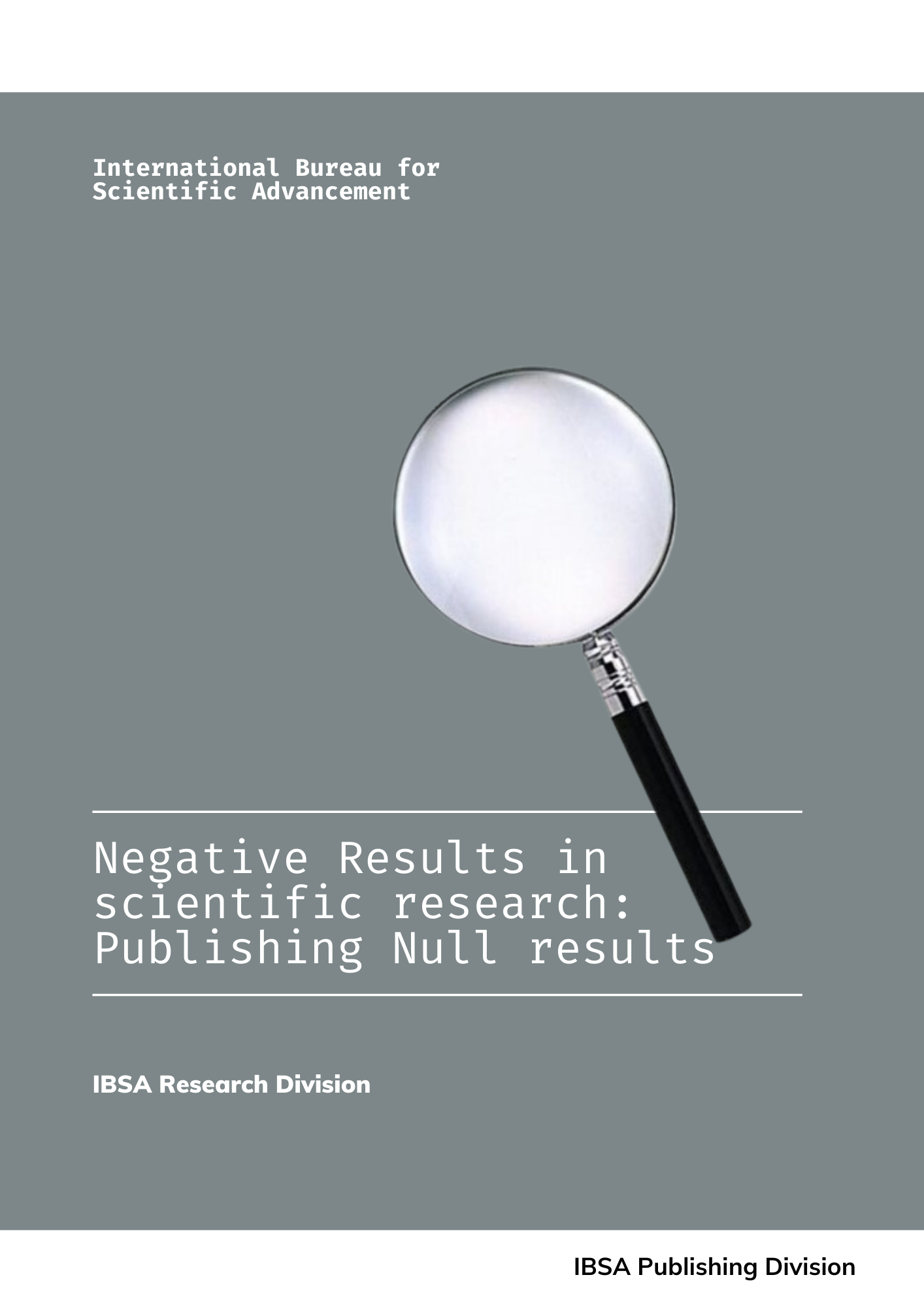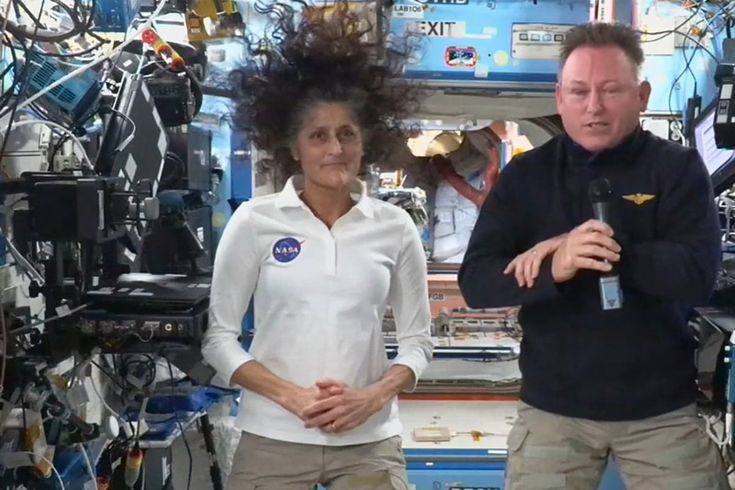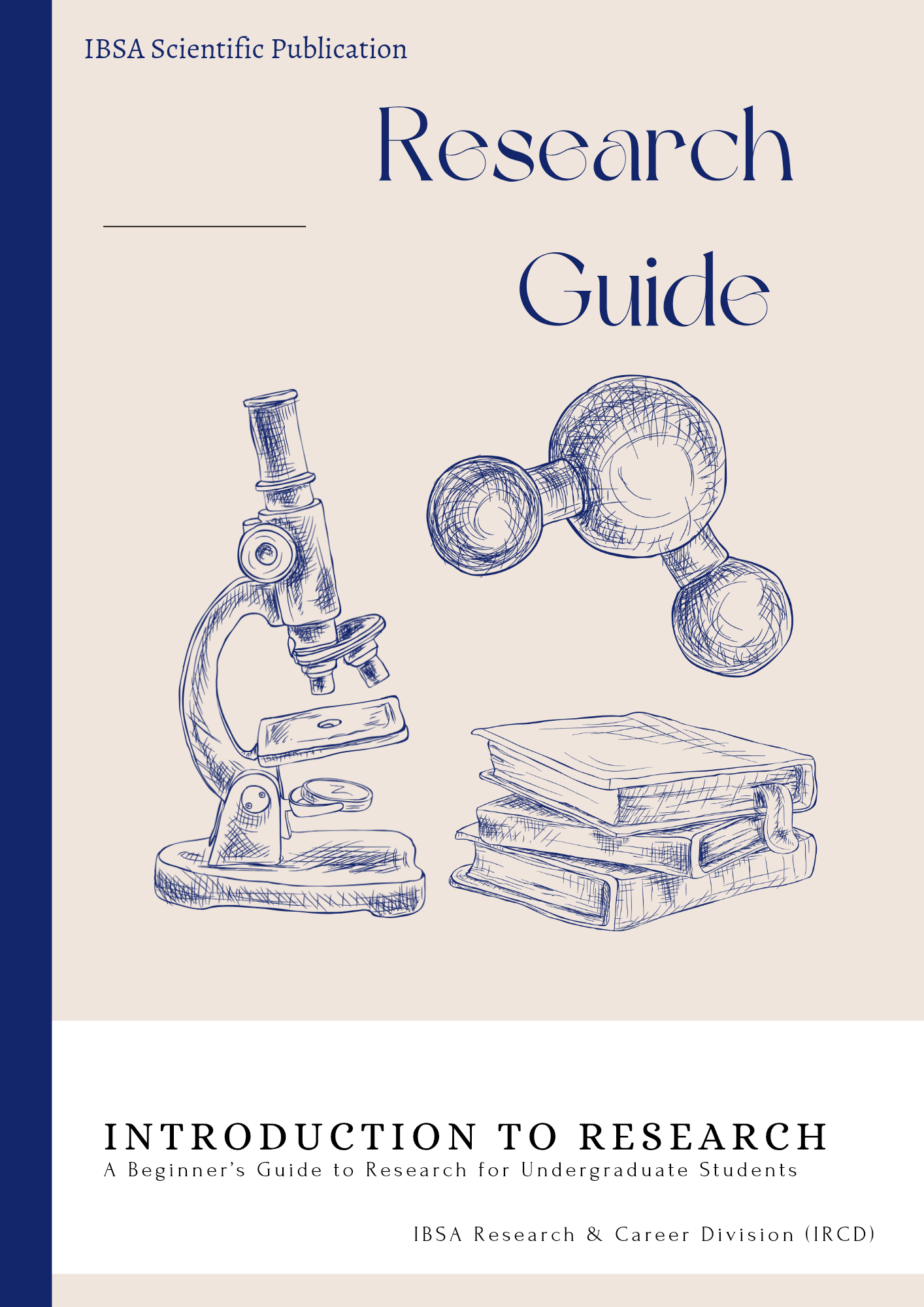In the spirit of exploration, we like to celebrate what works — the experiments that confirm hypotheses, generate new concepts, and foster innovation. But what about the ones that works but aren’t relevant to the study?
Any researcher can relate to the experience: You painstakingly construct an experiment, adhere to procedures, record the process in a methodical manner. The data are clean, the methodology appears correct — but the outcome? Null. It doesn’t validate your hypothesis, doesn’t answer your question, or isn’t “useful” in the manner you envisioned. The same experiments has been conducted but never documented, and most probably you won’t either since it doesn’t give you results required even though it aligns with your study. The same amount of efforts, time and money that you spend will be spend by other researchers as well and even your efforts, time and money could have been saved only if there was records of these experiments.
So, what happens next?
For all but the few privileged researchers, the result is silence. These findings are left unpublished, unseen, and ultimately forgotten. Not because they’re bad — but because they didn’t “work.” But that measure of value is badly broken.
Null results are not failure. They are reality. They are actual results from actual work, and they have actual meaning.
They tell us what doesn’t work. They protect other individuals from repeating the same actions, wasting time, money, and effort. They bring clarity to an otherwise saturated market with confirmation bias and selective perception. And the system renders them obsolescent.
Why This Has to Change
The worldwide bias in academe — for positive, “significant” results — contaminates the scientific record. It leads researchers to overstate their results, conceal things, or discard data that contradict their presuppositions. And worse, it bars critical knowledge from the conversation.
When null results are not published, other researchers follow the same path, unaware that it has already been traversed. Hours, days, even months are spent on already shut doors.
Non-publication leads to repetition, redundancy, and disillusionment. Not because the study was not carried out, but because it was not published.
That’s not the most excellent science. That’s preventable waste.
Publishing null results is not gloating about failure — it’s respect for the entire research process. It’s giving credit where credit is due: to the time, effort, and diligence of every well-executed experiment, no matter the outcome.
Why It's Not Just Okay to Publish Null Results — It's Essential
They protect resources — By showing what’s been done, they spare others from attempting dead ends.
They embrace transparency — There is nothing kept hidden, no supporting evidence, just everything in a complete record.
They legitimize honesty — When it is okay to publish null results, researchers can be honest about their methods.
They bestow recognition — Because even “unhelpful” outcomes demand expertise, effort, and dedication. That effort must be valued.
They encourage actual innovation — Discovery is not just a spinoff of success; it generally starts where something failed as planned.
Imagine a world where null results are not hidden, but reported. Where researchers not only know what has been achieved, but what has been tried too. Where the scientific literature is reality — and not just the successful.
That world is not just more efficient. It’s more honest. More fair. And far more productive.
If science is to be defined as the search for truth, then we cannot eliminate portions of it because they didn’t turn out the way we wanted them to. Sometimes the wisest thing to do is to know what not to search for.
“Let us not act as if only triumph is worth relating.”


